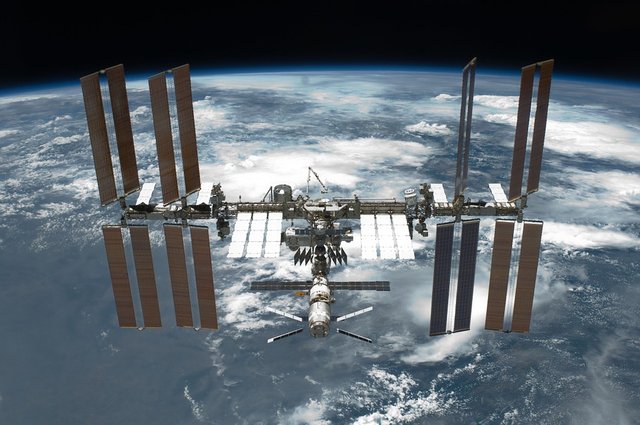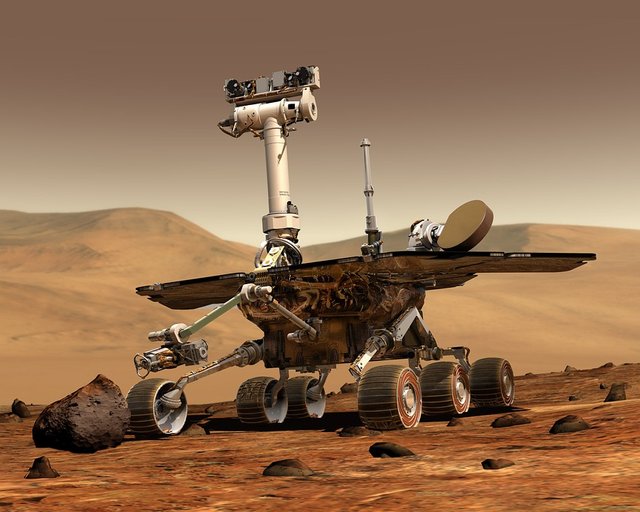
In a previous post, I commented on the possibilities of encountering an expanding extraterrestrial civilization and that it was a very bad idea to be sending messages, but there is also the possibility that we are responsible for creating those civilizations. In this sense, there are already people working around the world, with the aim of getting our second home in the universe. The Moon, Mars, some asteroids and a space base are part of the options that are currently being considered.
Each option has certain advantages and disadvantages from the point of view of current technology and it seems very difficult for such an objective to be achieved in the short term.
The first obstacle is that the conditions of life on earth are the consequence of a complex combination of elements that we call the Biosphere, which we barely understand and which are difficult to reproduce artificially. The most complete experiment we have done is carried out on the International Space Station, the largest human construction so far, which [must be frequently supplied with food, water, air and spare parts to maintain its structure, as well as the lives of its residents] (https://blogs.nasa.gov/spacestation/2018/04/30/what-does-it-take-to-keep-the-station-stocked-with-supplies/)

Another element no less important results in the economic justification for creating a hard permanent base of land. Similar to the current Antarctic occupation, the first bases are planned for scientific research purposes, with a rotating population, but which would depend mainly on the resources, information and services coming from the land. Although the implementation of mining rights in the celestial bodies is currently being discussed, it is difficult to justify the installation of a permanent colony to carry out activities that can be carried out entirely by robots that do not require life support.
Plans like colonization to Mars will be possible in the medium or long term, with a preparation that will take years to decades before the first man destined for the red planet can take off. Generating life support for a viable crew will require the construction, in space, of a facility perhaps larger than the current ISS, endowed with resources, materials and the ability to solve ANY PROBLEM without resources from Earth, but before That should send robot missions to build the living space that will receive the crew and install the escape vehicle, if they plan to return.

Life as we know it on earth is made possible by the exchange of millions of elements, impossible to control at present, plankton, desert dust, sulfur emissions on the ocean floor or the bird droppings accumulated in the Coastal areas generate a series of interactions that provide us with the elements that we require for life and that we must reproduce. The satisfaction of any human need requires the participation of millions of people creating an economy, so a closed community made up of hundreds or even thousands of people, would have problems to satisfy all their needs autonomously, think for example of all the processes that are required to build a house, a piece of clothing or an automobile. Not to mention the kind of research we are goin to need to deal with health problems from the exposition to an environment that we don't have been before.
In this regard, there is two good news: the first is that there are thousands of people around the world investigating in this regard and the second is that even our planet has sufficient resources for a population three times ours, fortunately we are more and more conscious that these resources are not infinite and we must use them with conscience.

Thank you